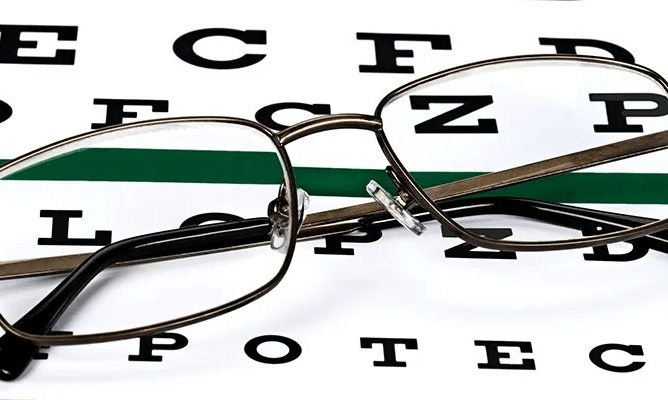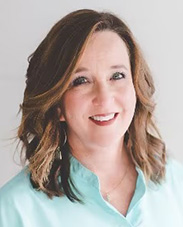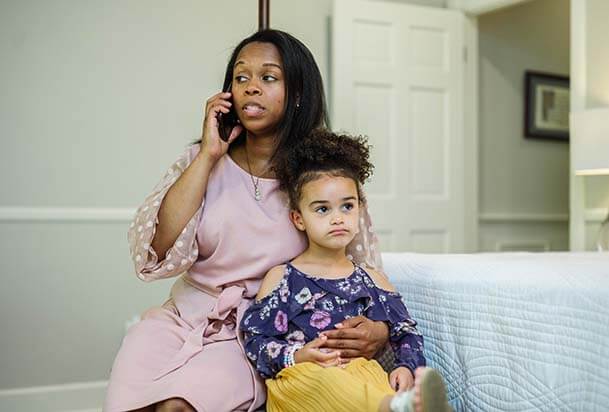

Apr 07 2022
How Can an OT Help My Vision?


Summary
Low vision can deeply affect your quality of life. An occupational therapist can help.
As you age, you may experience eye problems that make simple daily activities difficult and, in some cases, impossible. In those over age 65, the risk of severe eye problems is significant.
While your vision may decline, vision loss is not a normal part of getting older. The National Eye Institute estimates that over the next 30 years, the number of Americans who will experience eye health issues will double because of aging Baby Boomers.
A 65-year-old can expect to live on average another 19 years. As an occupational therapist (OT), I want to make sure your remaining years are meaningful. OTs are uniquely trained to help people “age in place.” We are trained to study an environment or activity and find ways to help you achieve your daily tasks, despite any health conditions.
I work with older adults who have age-related vision loss that significantly limits their daily life. Vision loss limits your ability to read and write. It challenges your ability to prepare meals. You may find it hard to shop or navigate your community. You may even have an accident because of your vision impairment.
Low Vision
Low vision is defined as visual impairment that is not correctable through surgery, medication, glasses or contact lenses. Low vision is linked closely to a high risk of depression. Losing your independence is closely connected to a decline in quality of life.
The most common conditions causing low vision include age-related macular degeneration (AMD), glaucoma and diabetic retinopathy.
AMD is the leading cause of vision loss, responsible for nearly half of all cases of low vision. The result is a loss of central vision. There are two types of AMD: wet AMD can cause a rapid vision loss, while dry AMD causes a gradual loss.
Diabetic retinopathy caused by damage to blood vessels related to high blood sugars is a major cause of blindness. The National Eye Institute reports more than 30% of individuals with diabetes have some form of diabetic retinopathy.
Glaucoma causes a decrease in the side or peripheral vision and can result in complete blindness if left untreated. With glaucoma, vision is typically lost over time and can occur without symptoms.
An OT Can Help
Your eye care professional can often identify early signs of these diseases. Addressing these signs early on can limit their severity and impact. They, or your primary care provider, can refer you to an OT for devices, programs and strategies which can help you regain lost independence.
OT began to provide low vision services in the early 1990s. Medicare has been reimbursing for low vision services provided by OTs since 2002, and many private insurers do as well.
Low vision can deeply affect your quality of life. An OT can help.


Cheri Harbour, MS, OTR/L, SCLV
Cheri Harbour, MS, OTR/L, SCLV, is an occupational therapist who provides Low Vision Rehabilitation at the North Mississippi Medical Center Retina Center in Tupelo. Cheri holds a master’s degree in occupational therapy and a graduate certificate in low vision from the University of Alabama in Birmingham. In 2014, she received her specialty certification in low vision rehabilitation from the American Association of Occupational Therapy—making her one of only two occupational therapists in Mississippi with this certification. Cheri sees patients by referral from their eye care or health care provider.
Call 1-800-THE DESK (1-800-843-3375) to make an appointment with an ophthalmologist. Referral is required for most appointments with the NMMC Retina Center and for Low Vision Therapy. For more information, call (662) 377-3340 during office hours.

Subscribe to Our Newsletter
Like this content and want to get more? Sign up for True North, the health and wellness newsletter from North Mississippi Health Services!

Subscribe to Our Newsletter
Like this content and want to get more? Sign up for True North, the health and wellness newsletter from North Mississippi Health Services!

Nurse Link®
Call 1-800-882-6274 anytime to speak directly to a registered nurse and get immediate answers. Using computerized medical protocols, nurses direct callers to the most appropriate medical treatment. Our nurses are available 24 hours per day, seven days per week.